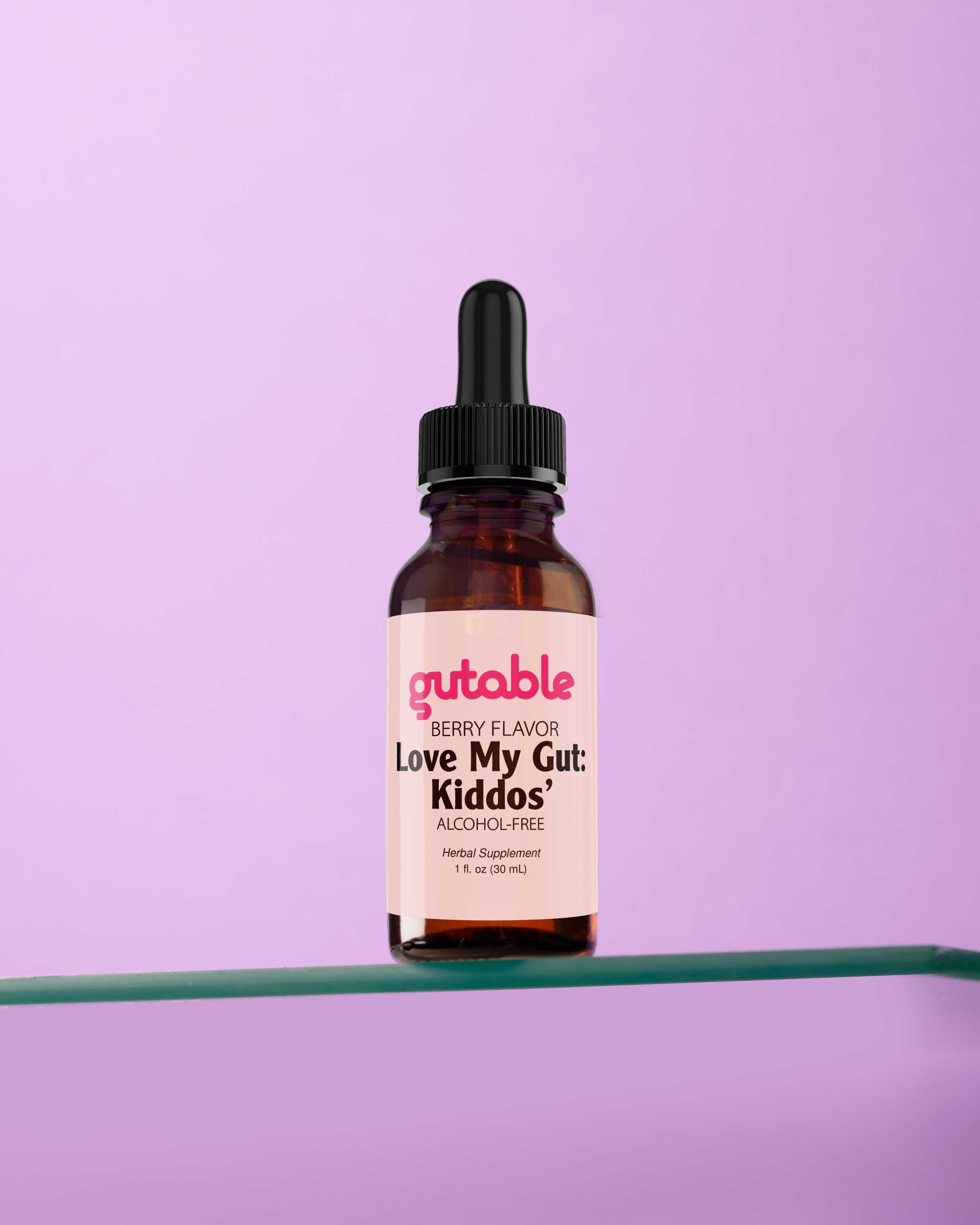Cod Liver Oil vs. Fish Oil: Differences, Benefits, Risks
Welcome to our guide on Cod Liver Oil vs. Fish Oil. In this article, we will explore the differences, benefits, and risks associated with these two popular dietary supplements – cod liver oil and fish oil. Whether you're looking to improve your overall health or address specific concerns, understanding the distinctions between these oils is essential for making an informed decision.
Both cod liver oil and fish oil are rich sources of omega-3 fatty acids, which are renowned for their numerous health benefits. However, they differ in terms of their vitamin content, taste, and odor. Cod liver oil contains significant amounts of vitamins A and D, while fish oil typically lacks these vitamins.
As we delve deeper into this discussion, we will explore the potential benefits of both cod liver oil and fish oil, including their positive effects on inflammation reduction, heart health, brain function, and joint mobility. It's crucial to weigh these benefits against the risks, such as the possibility of vitamin toxicity from excessive consumption of cod liver oil.
Before incorporating any new supplement into your routine, it's always advisable to consult with a healthcare professional who can provide personalized guidance based on your specific needs and medical history.
So, let's dive into the world of cod liver oil and fish oil and unravel the differences, benefits, and risks associated with these popular dietary supplements.
What is Cod Liver Oil?
Cod liver oil is a type of fish oil that is derived from the livers of codfish. It is known for its rich content of omega-3 fatty acids, including docosahexaenoic acid (DHA) and eicosapentaenoic acid (EPA), which are essential for optimal health. In addition to these beneficial fatty acids, cod liver oil also contains significant amounts of vitamins A and D, making it a potent nutritional supplement.
Vitamin A plays a crucial role in maintaining healthy vision, supporting the immune system, and promoting the growth and development of various tissues in the body. Vitamin D, on the other hand, is vital for bone health and helps the body absorb calcium and phosphorus. The combination of these vitamins with omega-3 fatty acids makes cod liver oil a comprehensive supplement that offers multiple health benefits.
However, it is important to ensure that the cod liver oil you choose is sourced from safe and reputable sources. This is crucial to avoid potential contaminants, such as heavy metals or pollutants, which may be present in low-quality products. When purchasing cod liver oil, look for products that have undergone rigorous testing and are certified for purity and safety.
What is Fish Oil?
Fish oil, on the other hand, is derived from the tissues of various types of fish, such as salmon, tuna, and mackerel.
It is a rich source of omega-3 fatty acids, including docosahexaenoic acid (DHA) and eicosapentaenoic acid (EPA).
However, unlike cod liver oil, fish oil typically does not contain significant amounts of vitamins A and D.
Nevertheless, it is important to choose a high-quality fish oil supplement to ensure safety and purity.
This ensures that you are getting the maximum benefits of omega-3 fatty acids without any potential contaminants.
Differences between Cod Liver Oil and Fish Oil
When it comes to choosing between cod liver oil and fish oil, it's important to understand the key differences between these two popular supplements. One major distinction lies in their vitamin content.
Cod liver oil is a good source of vitamins A and D.
Vitamins A and D are essential for various aspects of health, including eye health, immune function, and bone health. Cod liver oil provides significant amounts of these vitamins, making it a favorable option for individuals looking to supplement their diet with these nutrients.
Choosing Between Cod Liver Oil and Fish Oil
When deciding between cod liver oil and fish oil, it's essential to consider your individual nutritional needs, preferences, and health goals. Here are some key factors to keep in mind:
Nutritional Needs:
If you are specifically looking to supplement your diet with vitamins A and D, cod liver oil may be the preferred option due to its higher vitamin content. However, if you are primarily seeking omega-3 fatty acids without additional vitamins, fish oil may be a suitable choice.
Taste and Odor:
Consider your sensitivity to taste and odor when choosing between cod liver oil and fish oil. Cod liver oil tends to have a stronger flavor and scent compared to fish oil, which may be a deciding factor for some individuals.
Health Goals:
Identify your health goals and objectives when selecting a supplement. Both cod liver oil and fish oil offer potential benefits for heart health, brain function, and inflammation reduction. Consult with a healthcare professional to determine which oil aligns best with your health goals.
Quality and Purity:
Choose a high-quality supplement from a reputable manufacturer to ensure safety and purity. Look for products that have undergone third-party testing for contaminants, such as heavy metals and pollutants, and are certified for quality and potency.
Consultation with Healthcare Professional:
Before starting any new supplement regimen, consult with a healthcare professional, especially if you have underlying health conditions or are taking medications. A healthcare provider can offer personalized guidance and recommendations based on your individual needs and medical history.
Conclusion:
Whether you choose cod liver oil or fish oil, incorporating omega-3 fatty acids into your diet can offer numerous potential health benefits. By understanding the differences, benefits, and risks associated with these supplements, you can make an informed decision that supports your overall health and well-being.
Frequently Asked Questions (FAQs) About Cod Liver Oil and Fish Oil
What are the main differences between cod liver oil and fish oil?
Cod liver oil is derived specifically from the livers of codfish and contains significant amounts of vitamins A and D in addition to omega-3 fatty acids. On the other hand, fish oil is extracted from the tissues of various types of fish and typically lacks significant levels of vitamins A and D.
What are the benefits of cod liver oil and fish oil?
Both cod liver oil and fish oil offer potential benefits for heart health, brain function, inflammation reduction, and overall well-being. They are rich sources of omega-3 fatty acids, which have been associated with numerous health benefits.
Are there any risks associated with cod liver oil and fish oil?
One potential risk associated with cod liver oil is the possibility of vitamin toxicity due to its high levels of vitamins A and D. Excessive consumption of these vitamins can lead to adverse health effects. Additionally, both cod liver oil and fish oil may contain contaminants if not sourced from reputable manufacturers.
How do I choose between cod liver oil and fish oil?
When selecting between cod liver oil and fish oil, consider factors such as your individual nutritional needs, taste preferences, health goals, and the quality of the supplement. Consulting with a healthcare professional can help you make an informed decision based on your specific circumstances.
Can I take cod liver oil or fish oil if I'm pregnant or breastfeeding?
It is advisable to consult with a healthcare professional before taking any supplements, including cod liver oil or fish oil, during pregnancy or breastfeeding. While omega-3 fatty acids are important for maternal and fetal health, it's essential to ensure that the supplement is safe and appropriate for you and your baby.
What is the recommended dosage for cod liver oil and fish oil?
The recommended dosage of cod liver oil and fish oil may vary depending on factors such as age, weight, health status, and individual needs. It's best to follow the dosage instructions provided on the product label or consult with a healthcare professional for personalized guidance.
Can I take cod liver oil and fish oil together?
Combining cod liver oil and fish oil supplements may provide additional benefits due to their complementary nutrient profiles. However, it's essential to ensure that you are not exceeding recommended dosages for omega-3 fatty acids or vitamins A and D. Consulting with a healthcare professional can help you determine the appropriate combination and dosage.
Are there any interactions between cod liver oil, fish oil, and medications?
Omega-3 fatty acids may interact with certain medications, such as blood thinners, and may affect blood clotting. If you are taking medications or have underlying health conditions, it's important to consult with a healthcare professional before starting any new supplement regimen to avoid potential interactions or adverse effects.
Remember to always consult with a healthcare professional before starting any new supplement regimen, especially if you have underlying health conditions or are taking medications.
On the other hand, fish oil does not typically contain significant amounts of vitamins A and D.
While fish oil is still a valuable source of omega-3 fatty acids, including DHA and EPA, it may not provide the same level of vitamin support as cod liver oil.
Another difference to consider is the taste and odor. Cod liver oil is known for having a stronger flavor and scent compared to fish oil. This may be a consideration for individuals with sensitivities or preferences regarding the taste and smell of the supplement.
Ultimately, the choice between cod liver oil and fish oil depends on your specific nutritional needs, preferences, and goals. Consulting with a healthcare professional can help you determine which option is best suited for you.
Benefits and Risks of Cod Liver Oil and Fish Oil
Both cod liver oil and fish oil offer numerous potential health benefits. One of the key advantages of these oils is their ability to reduce inflammation in the body. This is attributed to their anti-inflammatory properties, which can be beneficial for individuals with conditions such as arthritis or inflammatory bowel disease.
In addition to their anti-inflammatory effects, cod liver oil and fish oil are rich sources of omega-3 fatty acids. These essential fats have been associated with numerous health benefits, including improved heart health. Omega-3 fatty acids may help lower triglyceride levels, reduce blood pressure, and decrease the risk of developing cardiovascular diseases.
Moreover, the omega-3 fatty acids found in these oils are also believed to support brain function and cognitive health. Some studies have suggested that regular consumption of cod liver oil or fish oil may have a positive impact on memory, learning, and mood regulation.

While both oils offer potential benefits, it is important to be aware of potential risks as well. One risk associated with cod liver oil is the potential for vitamin toxicity. Since cod liver oil is high in vitamins A and D, excessive consumption can lead to an overdose of these vitamins, which can cause adverse health effects. Therefore, it is recommended to consult with a healthcare professional before starting any new supplement regimen to determine the appropriate dosage and duration of use.

































